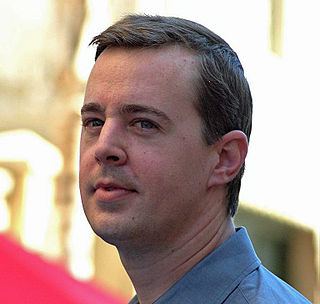A Quote by Tony Blair
In April 1991, after the Gulf war, Iraq was given 15 days to provide a full and final declaration of all its WMD.
Related Quotes
Our military superiority is so great - it's far greater than it was in the Gulf War, and the Gulf War was over in 100 hours after we bombed for 43 days. And so now they can bomb for a couple of days and then just roll into Baghdad... The odds are there's going to be a war and it's going to be not for very long.
During the Gulf War, I remember two little third grade girls saying to me - after I read them some poems by writers in Iraq - 'You know, we never thought about there being children in Iraq before.' And I thought, 'Well those poems did their job, because now they'll think about everything a little bit differently.'










































